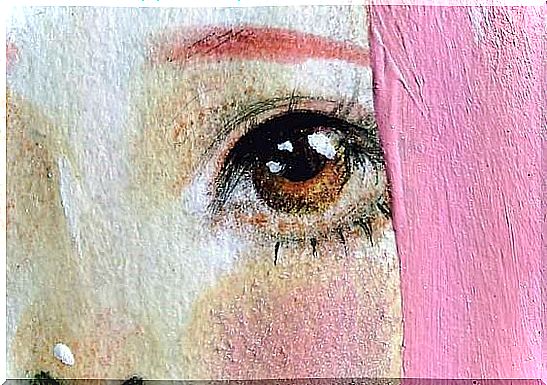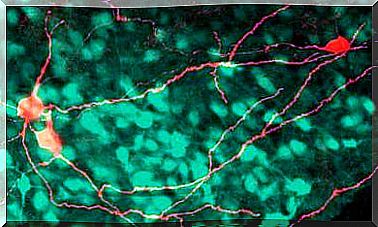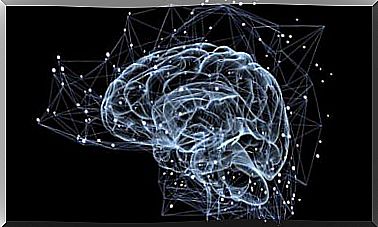High Sensitivity Is Defending Against A World Of Pins

High sensitivity is considered a gift, a special and very emotional way of seeing and understanding what surrounds us. Now, for many people it is like living inside a globe surrounded by a world of pins.
Being highly sensitive (PAS) above all involves paying, almost instinctively, greater attention to detail and the subtleties of the environment. We break down each word, each gesture, each tone of voice to deduce information that many other people do not attend or do not perceive.
Being more receptive to the emotions or inconsistencies of those around us often leads us to end up in the abyss of helplessness. Thus, we end up living in a world that we do not always understand and that often leads us to depression.

High sensitivity: a brain very receptive to the subtleties of the environment
Elaine Aron is the foremost authority on the study of high sensitivity, having coined the term in 1991. Far from being a subtype of the introverted personality, highly sensitive people (HPS) actually reflect a very distinctive set of traits.
Now … What mechanisms underlie this type of perception, emotion and intuition? If we take into account that this dimension was not known until the 1990s, there will be a small part of the population that, until recently, did not understand why they “felt different”.
We also know that sometimes, the term “being different” is stigmatized and what is even worse, it always goes hand in hand with certain amounts of suffering. The highly sensitive person is tired of hearing things like “you take things too hard”, “it is that everything affects you”, “it is that nothing can be said to you”.
According to a study carried out in 2010 and published in the journal “Social Cognitive and Affective Neuroscience”, the reason that this personality is more sensitive to all kinds of stimuli, both physical and emotional, has its explanation at the neurological level.
We will tell you.
Neurological bases of high sensitivity
Elaine Aron, together with her colleagues and psychiatrists, such as Dr. Arthur B. Lintgen, carried out an experiment in which two groups of experimental subjects were exposed to a series of visual stimuli, both colored lights and simple drawings.
It was in this way that they were able to discover the following:
- Highly sensitive people associated each stimulus with an emotion. Its neuropsychological mechanisms associate visual, auditory or tactile stimuli with a certain sensation.
- The areas of the brain associated with consciousness, emotions, feelings of empathy and the well-known “mirror neurons” are more activated than in people who do not have a high sensitivity.
- The pain threshold of highly sensitive people is very low, such that intense light or the rubbing of clothing can harm them.
- High sensitivity is also related to an exceptional ability to capture details and variations in objects, environments or people. This is explained by a greater activation in the areas of the brain involved in the association of visual information and attention.
A world of pins: high sensitivity and depression

One of the most asked questions is whether highly sensitive people (HPS) are more prone to depression. The answer is simple: no more than most. However, they will suffer more from daily sadness, disappointment, the feeling of feeling different. However, all this does not determine the appearance of a depressive state.
Highly sensitive people will be more prone to depression in these cases:
- Having suffered a traumatic childhood or family problems.
- Not knowing that they are highly sensitive and attributing these traits to “being weak”, more vulnerable than the rest and therefore, that they tend to isolation.
- People with high sensitivity must take care of their self-esteem, understand how they are and control “overstimulation” in their day to day.
- Frequent environments of pressure, disagreements, in which many people, sounds and lights are crowded, can cause your cortisol levels to rise, and thus lead to a very destructive state of stress and anxiety. It is necessary to control all stimuli and enjoy our moments of solitude.
Far from seeing what surrounds you as a stage full of pins and enemies that hurt us, stand up as your best friend, enjoy music, art, this world full of wonderful subtleties that can enrich you if you allow it.










